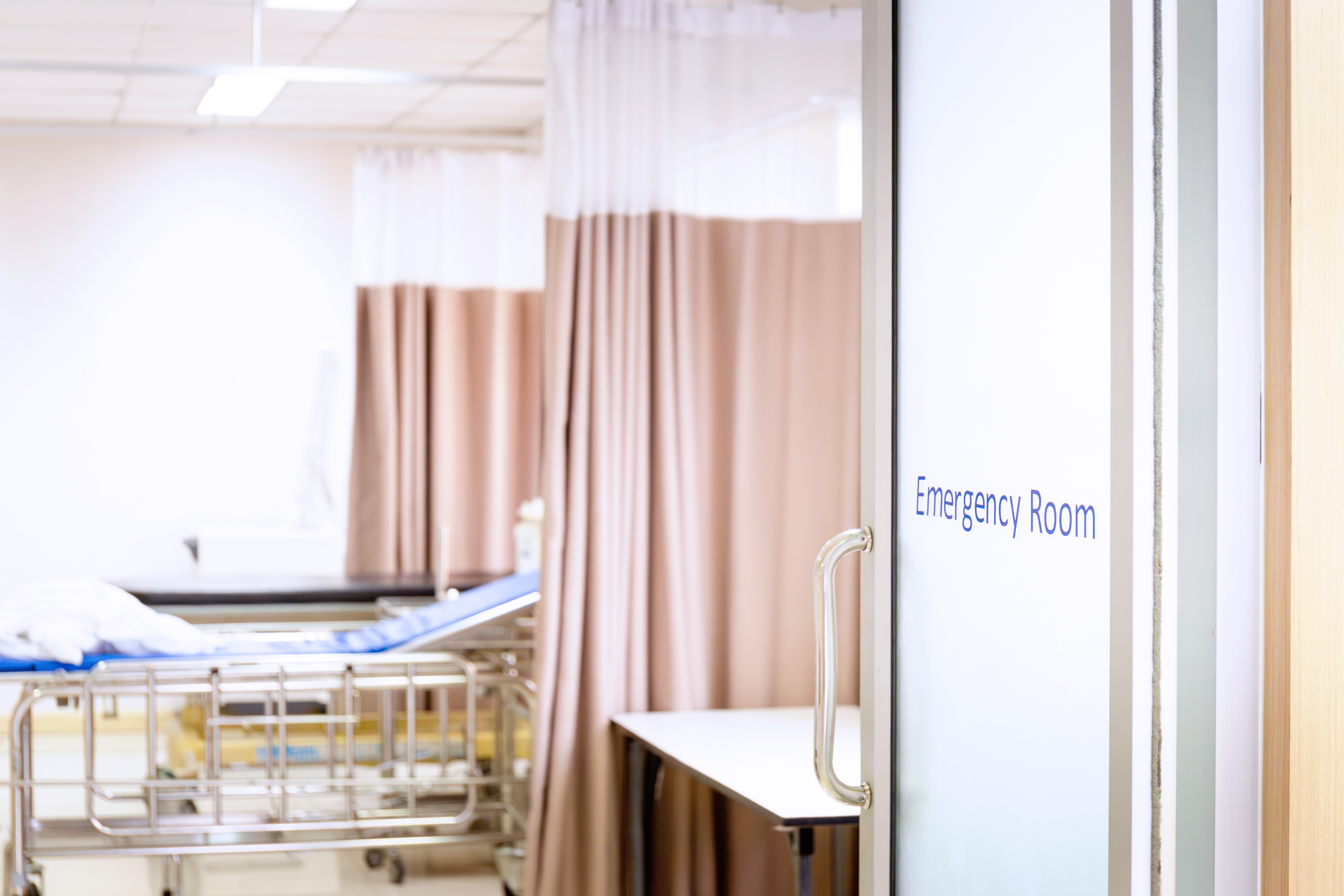The Various Kinds of Medical Carts Used in A Hospital Set Up

Medical carts are an essential feature in a healthcare setting. They can improve efficiency in healthcare by aiding medication delivery and equipment and supply transportation. In a single medical facility, there are likely several types of carts that support different aspects of patient care, and specialized facilities have carts that reflect the needs of the specialists and staff.
Why Medical Carts?
Hospitals do not always have enough equipment to fully stock every room with all the supplies and medications a doctor might need. Medical carts allow hospitals to economize without sacrificing patient care by bringing supplies to the patients who need them rather than making multiple, time-consuming trips to a properly stocked central room.
With a trolley specially designed to store medical supplies, all the necessary equipment can be efficiently transported around the hospital to attend emergencies or accompany doctors to routine patient check-ups and aid in administrative tasks. The medical cart industry is large and growing due to the obvious utility of this product.
The purpose of a medical cart is to economize for efficiency and practicality, as such, a medical cart will not carry the hospital’s entire arsenal of supplies. There are different types of medical carts that serve various vital functions.
Anesthesia Cart
Anesthesia trolleys are built to travel with anesthesiologists and transport medical supplies specific to anesthesia to operation rooms. These carts have locking drawers and are consequently trusted for safely storing potentially dangerous medical tools and anesthetics.
As these trolleys follow doctors into sterile operating rooms, they must be repeatedly disinfected. Anesthesia carts are constructed from durable metal made to withstand the corrosive effects of heavy-duty disinfectants.
IV Carts
Although all IV carts carry IV equipment, there is variation in the appearance and specific function of these carts. Some are small, maneuverable care units that travel with patients. Others resemble a code cart with locking drawers for storing medical supplies such as IV bags and fluids.
Bedside Cart
Bedside carts are maneuverable to accompany nursing staff to patients’ bedsides. These carts can store some medications to save nurses a trip to the supply room. They might also feature computing devices to log treatments.
Point of Care Cart
Similar to bedside carts, point of care mobile medical carts travel with medical professionals to optimize routine duties. These carts are responsible for stocking supplies necessary for the administration of diagnostic tests and often carry computers so doctors and nurses can log patient information.
Point of care carts are high-use and must be cleaned often to prevent infection and transfer of contaminants to staff and patients. They will often be made from durable plastic and have simple designs to allow for easy sterilization.
MEDICINE CART
Medicine supply carts are used to transport medications to the necessary location. They feature electronic locking drawers to keep supplies secure and are meticulously labeled to make the proper dispensation of medicine time efficient. Some medicine carts come with monitors to simplify the process of logging medication distribution.
CRASH CART
Crash carts are also known as code carts and are geared toward helping doctors treat medical emergencies. Code carts employ meticulous organizational methods to store a wide variety of emergency supplies in a compact manner that allows for swift transportation.
The well-planned system of drawers and compartments also ensures that any member of the medical staff can quickly locate the required instrument or medication. Medical staff can easily restock supplies for a quick turnaround time that gets these carts back in action.
Modern Medical Carts
The field of healthcare is constantly advancing in step with technology. Many modern medical carts have electronic features or carry powered instruments. Medical carts consequently rely on a power source to perform life saving functions. Keeping medical carts on the job and fully functional requires a superior power source.
Final Thoughts
Medical carts have become a defining feature of a healthcare setting for their functionality at improving the efficiency of a medical center and patient outcomes. Medical carts are differentiated based on the niche they are built to serve.
Our expert medical cart consultants would be happy to assist you in discovering which medical cart will best serve your practice. Contact us today for more information or to request a quote.
OPENING HOURS
| Week Days – TX |
8:00 – 4:30 CT |
| Week Days – PA |
8:00 – 4:30 EST |
